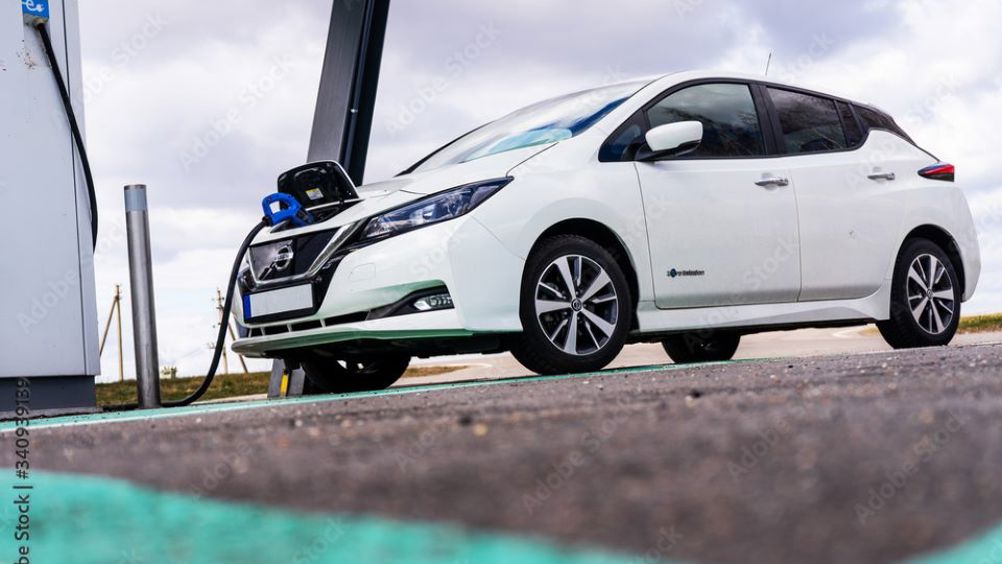Partnership aims to give second life to Nissan LEAF batteries
Disused batteries from Nissan LEAFs are to be given a second life in Britian following a Strategic Pilot Agreement between Nissan and Ecobat Solutions UK.

The agreement will investigate ways of commercialising the process of locating, safely transporting, dismantling, repairing and repurposing EV batteries for second life usage. Nissan could also then offer those second life products to market with an official manufacturer warranty.
The project also supports Nissan’s aim to achieve carbon neutrality by 2050 across its operations and the lifecycle of its products.
In a statement, Alan Low, EV Battery Circular Economy manager at Nissan Energy Services, said: “We are working together with Ecobat to assess how we engage with salvage operators, manage transportation, test, repair and reuse electric vehicle batteries in order to understand the commercial value chain.
“These are batteries from cars that have been dismantled due to old age or that have been written off by insurers, however the batteries themselves still have an opportunity to be reused. They still have a useful life ahead of them, so we need to create a sustainable way of recovering them.
Register now to continue reading
Thanks for visiting The Engineer. You’ve now reached your monthly limit of news stories. Register for free to unlock unlimited access to all of our news coverage, as well as premium content including opinion, in-depth features and special reports.
Benefits of registering
-
In-depth insights and coverage of key emerging trends
-
Unrestricted access to special reports throughout the year
-
Daily technology news delivered straight to your inbox










Water Sector Talent Exodus Could Cripple The Sector
Well let´s do a little experiment. My last (10.4.25) half-yearly water/waste water bill from Severn Trent was £98.29. How much does not-for-profit Dŵr...